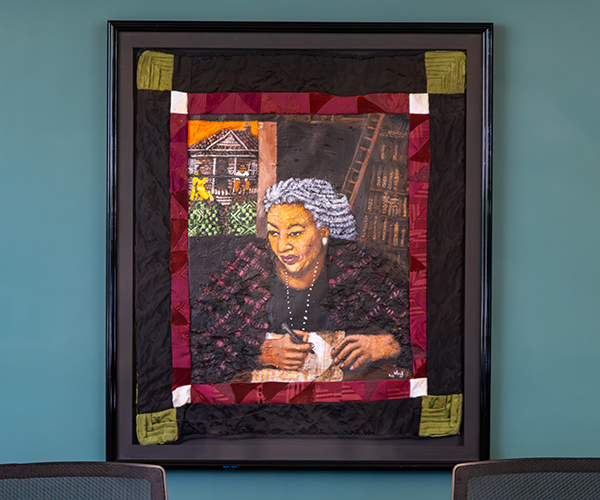As a child, Anand Giridharadas pushed away his Indian heritage, preferring to align himself with free-thinking American culture. But during a college trip to India, he saw the modern changes happening in what he had long viewed as a traditional and more close-minded country. Giridharadas, a Shaker Heights native and New York Times columnist, later decided to move there to immerse himself in the changing culture, a story he recounts in India Calling: An Intimate Portrait of a Nation's Remaking ($25, Times Books).
Q. What changes did you see in India that inspired you to move there?
A. Trivial things. Espresso bars had popped up, and nightclubs. That signaled to me that what had once been this sort of traditional, frozen-bound country was now something else. I expected to find a place that was deeply mired in its past. What I found instead was a traditional country becoming modern. I have this line in the book where I say to buy a washing machine costs money, but to desire one is free. There are a lot of people in India right now that desire, not just washing machines, but the idea of bettering their condition in life.
Q. As an American, what struck you the most about Indian culture versus American society?
A. In India the thing that I came to admire most is a sense of hope that people have. It is going to take a long time to turn the whole country around. But people, even in the small towns, now have a sense, OK, let's pull together and build a great country. In America, where so much is going well for us, at least fundamentally, the culture has turned into an ironic hopeless culture where people are torn down. We spend all of our time insulting Sarah Palin and that woman who fell into the fountain while text messaging. We don't realize we're going to be beaten by other countries, not because they are more economically competitive, but because they have developed cultures of hope and narratives of hope.
Q. Did growing up in Cleveland play a significant role in how you viewed American and Indian cultures?
A. The reason I think Cleveland is important is, for my parents, there was no option to install themselves in a kind of Indian-immigrant community. If they had moved to New York or New Jersey or California, that would have been possible. It might have kept them in an Indian community, which would have been consoling to them at that time. By being in Cleveland, they were forced to assimilate and to blend in. And I think that's a very happy reality for our family.



